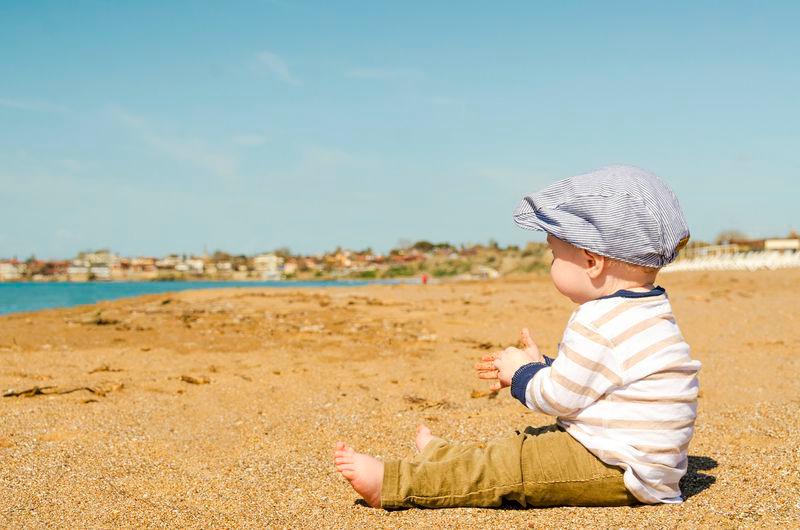PETALING JAYA: Consultant paediatrician Datuk Dr Amar-Singh HSS has urged families to monitor young mothers, individuals in unstable family situations, or caregivers with unrealistic expectations of infant behaviour, as they are prone to causing Shaken Baby Syndrome (SBS).
He said according to the Health Ministry MyHealth portal, some 20 to 30 babies are referred to Kuala Lumpur Hospital every year for SBS.
“However, this figure represents just the tip of the iceberg as some infants may have died at home, or before they could be referred from another hospital. Others might suffer from milder forms of SBS, and be treated for irritability and vomiting, which could be mistaken for infantile colic.”
Amar, who is also a child-disability activist, said infants who cry excessively due to conditions like colic, are also more susceptible to suffer from SBS, which is a severe and often fatal condition resulting from violently shaking a child, especially those under two years.
As SBS continues to pose a threat to the well-being of infants, Amar stressed that education and support are key to prevention.
“Caregivers must be educated, supported, and equipped with the tools to effectively manage stress. Only through such comprehensive efforts can SBS incidents be minimised.
He said the vulnerability of infants is due to their proportionally large heads and weak neck muscles, which make them susceptible to significant harm from being violently shaken.
“SBS is a form of physical child abuse. It frequently arises not from malice but intense stress and exhaustion of the caregiver, be it a young mother, individuals in unstable families or caregivers who expect too much from an infant.
“When an infant is violently shaken, the brain moves within the skull, causing bleeding, swelling and a lack of oxygen to the brain cells. This damage can result in long-term mental disabilities or even death.”
Amar said prolonged or excessive crying can lead to overwhelming stress, causing caregivers to shake the infant in a desperate attempt to quiet the baby down.
He stressed the importance of understanding the dangers of shaking and developing effective stress management strategies and advised caregivers struggling to calm a crying baby to place the child in a safe location, and to take short breaks to regain composure.
“For young mothers, seeking support from friends, family or health clinics is crucial. Hiring a reliable childminder or babysitter can further safeguard against the risk of SBS.”
Prema Thangavelu, 32, said her father used to toss her baby in the air and then catching him, thinking it was a fun game.
“I was terrified and quickly intervened, which made my father very upset. He said older family members used to do the same to me when I was a baby. It is crucial for everyone, especially older family members, to understand the importance of gentle and safe handling of infants while playing.”









